
Plano Piloto: The Heartbeat of Brasília
Plano Piloto, the central hub of Brasília, is a masterpiece of urban planning and modernist architecture. Designed by the visionary architect Oscar Niemeyer and urban planner Lúcio Costa, this neighborhood stands as a testament to Brazil's mid-20th-century aspirations. The iconic layout, resembling an airplane from above, is both a functional and aesthetic marvel, making it a must-visit for architecture enthusiasts. Strolling through Plano Piloto, you'll encounter some of Brasília's most famous landmarks. The Praça dos Três Poderes (Three Powers Plaza) is home to the Presidential Palace, the National Congress, and the Supreme Federal Court, encapsulating the core of Brazilian governance. Nearby, the Cathedral of Brasília, with its striking, crown-like structure, offers a serene yet awe-inspiring experience. Beyond its architectural wonders, Plano Piloto brims with cultural and recreational spots. The Cultural Complex of the Republic, which includes the National Library and the National Museum, provides a deep dive into Brazilian culture and history. For a more leisurely experience, visit the Parque da Cidade, one of the largest urban parks in the world, perfect for picnics, jogging, or simply soaking in the local atmosphere.
Local tips in Plano Piloto
- Visit the Praça dos Três Poderes early in the morning to avoid the crowds and capture the best photos.
- Take a guided tour of the National Congress to gain deeper insights into Brazil's political system and architecture.
- Wear comfortable walking shoes; Plano Piloto's expansive layout is best explored on foot.
- Don't miss the sunset at the JK Bridge for stunning views and perfect photo opportunities.
- Try local Brazilian snacks and drinks at the various food stalls in Parque da Cidade.
Plano Piloto: The Heartbeat of Brasília
Plano Piloto, the central hub of Brasília, is a masterpiece of urban planning and modernist architecture. Designed by the visionary architect Oscar Niemeyer and urban planner Lúcio Costa, this neighborhood stands as a testament to Brazil's mid-20th-century aspirations. The iconic layout, resembling an airplane from above, is both a functional and aesthetic marvel, making it a must-visit for architecture enthusiasts. Strolling through Plano Piloto, you'll encounter some of Brasília's most famous landmarks. The Praça dos Três Poderes (Three Powers Plaza) is home to the Presidential Palace, the National Congress, and the Supreme Federal Court, encapsulating the core of Brazilian governance. Nearby, the Cathedral of Brasília, with its striking, crown-like structure, offers a serene yet awe-inspiring experience. Beyond its architectural wonders, Plano Piloto brims with cultural and recreational spots. The Cultural Complex of the Republic, which includes the National Library and the National Museum, provides a deep dive into Brazilian culture and history. For a more leisurely experience, visit the Parque da Cidade, one of the largest urban parks in the world, perfect for picnics, jogging, or simply soaking in the local atmosphere.
Iconic landmarks you can’t miss
Catedral Metropolitana Nossa Senhora Aparecida
Discover Brasília's iconic cathedral, a modernist masterpiece by Oscar Niemeyer, with stunning architecture and spiritual significance.

Three Powers Plaza
Explore Brasília's Three Powers Plaza: A symbol of Brazilian democracy, showcasing modernist architecture and national pride.
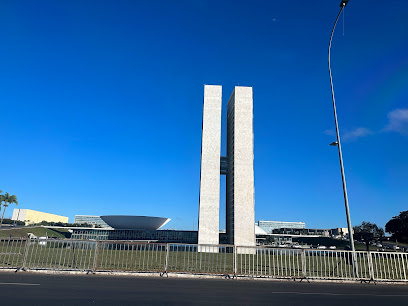
Memorial JK
Explore the legacy of Juscelino Kubitschek at Brasília's Memorial JK, an architectural masterpiece and historical tribute.
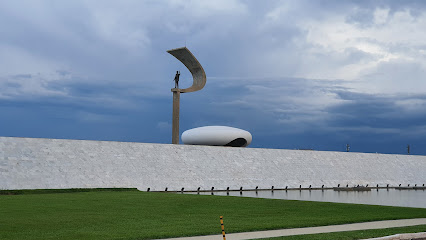
Don Bosco Chapel
Discover tranquility at Don Bosco Chapel in Brasília: a serene ecological park with stunning architecture and panoramic lake views.
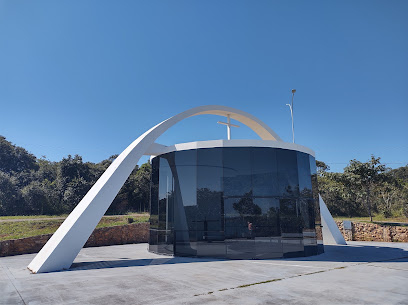
Praça dos Cristais
Discover Praça dos Cristais in Brasília: a modernist landscape with crystal sculptures, reflecting pools, and serene gardens in the heart of the capital.
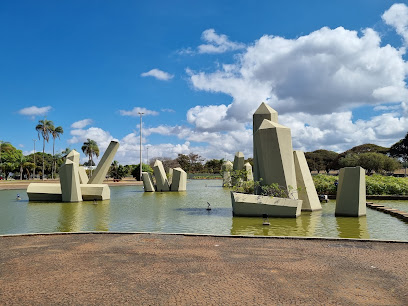
Praça do Cruzeiro
Discover Praça do Cruzeiro in Brasília: a historic landmark offering panoramic views and cultural experiences in the heart of the capital.
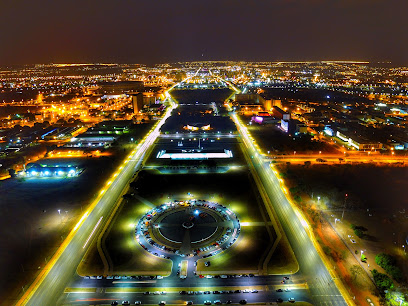
Torre de TV de Brasília
Experience panoramic views of Brazil's capital from the iconic Torre de TV de Brasília, a modernist landmark with a vibrant craft fair.
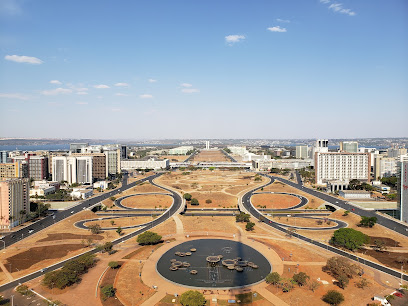
Memorial of Indigenous Peoples
Discover Brazil's indigenous heritage at Brasília's Memorial, showcasing art, history, and cultural preservation in a Niemeyer-designed landmark.
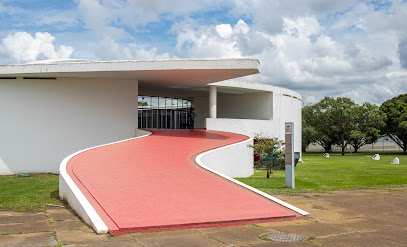
Planetário de Brasília
Explore the universe at Brasília's iconic planetarium, offering captivating shows and exhibits for all ages. A journey through the cosmos awaits!
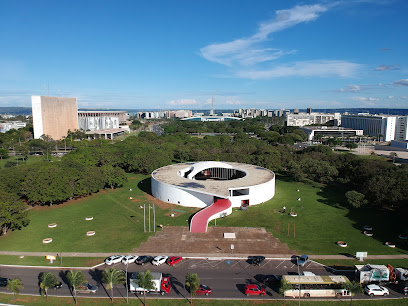
Monumento comemorativo da Integração Nacional
A striking landmark in Brasília symbolizing Brazil's unity, celebrating the nation's diverse culture and history.
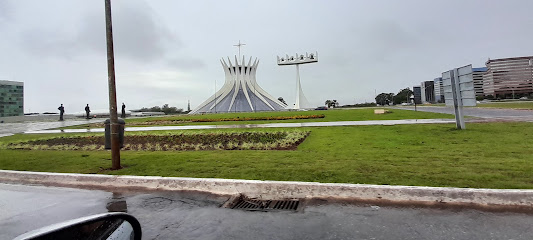
Unmissable attractions to see
Prainha North Lake
Escape to Prainha North Lake in Brasília: a serene public beach with calm waters, perfect for relaxation, water sports, and scenic lakeside strolls.
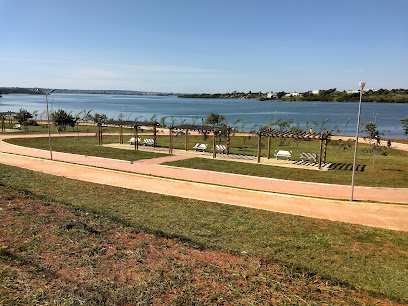
Torre de TV de Brasília
Experience panoramic views of Brasília from this iconic tower, a symbol of the city's modernist architecture and urban planning.
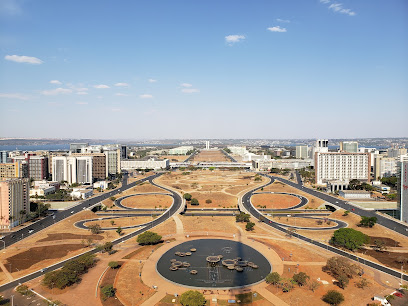
Castelinho do Parque da Cidade
A cherished playground landmark in Brasília's Parque da Cidade, offering a safe and colorful space for children to play and create memories.
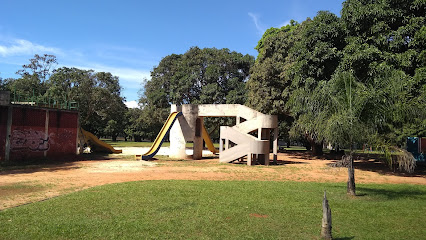
Essential places to dine
Coco Bambu Brasília Shopping
Discover exquisite seafood at Coco Bambu Brasília Shopping – where Brazilian flavors meet exceptional dining experiences.
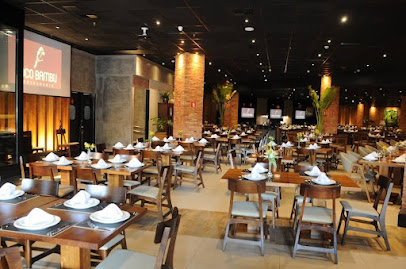
Ticiana Werner Restaurante & Wine Bar
Experience authentic Italian cuisine at Ticiana Werner Restaurante & Wine Bar – where delicious flavors meet exquisite ambiance in Brasília.
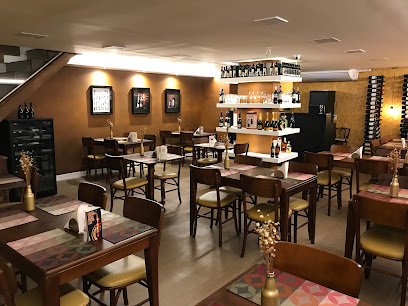
Restaurante Universal
Experience culinary excellence at Restaurante Universal - where Brazilian flavors meet international flair in an inviting setting.
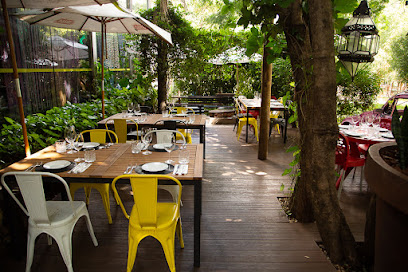
Villa Tevere
Experience authentic Italian cuisine at Villa Tevere in Brasília - where every meal feels like a journey through Italy.
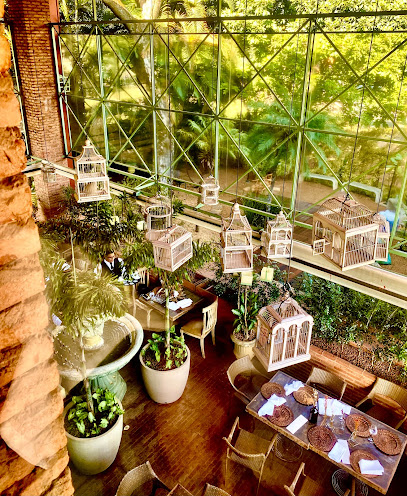
Jamie Oliver Kitchen: Carnes, Drinks, Vinhos, Happy Hour, Eventos, Asa Sul DF
Discover the vibrant culinary offerings at Jamie Oliver Kitchen in Brasília, featuring fresh seafood and creative vegetarian dishes in an inviting atmosphere.
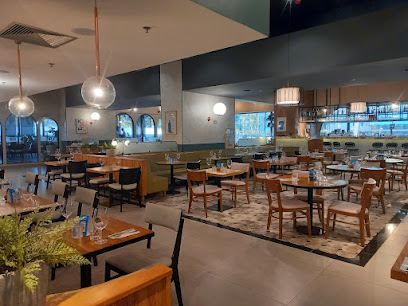
Santé 13 Restaurante
Experience exquisite seafood and fine wines at Santé 13 Restaurante in Brasília - A must-visit culinary destination.
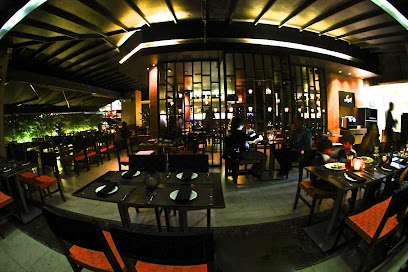
Cantina da Massa
Experience exquisite Italian dining at Cantina da Massa in Brasília – where every dish tells a story of flavor and tradition.
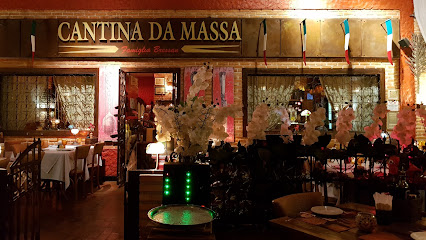
A Mano
Savor authentic Italian cuisine at A Mano in Brasília - a family-friendly restaurant offering delightful meals for every occasion.
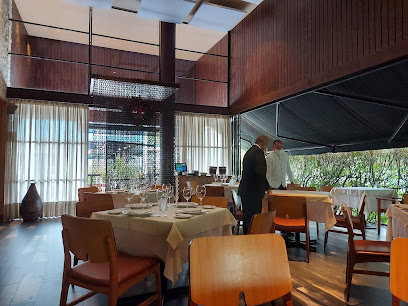
Ninny
Experience authentic Italian flavors at Ninny in Brasília's Asa Norte – where every meal is crafted with passion and quality ingredients.
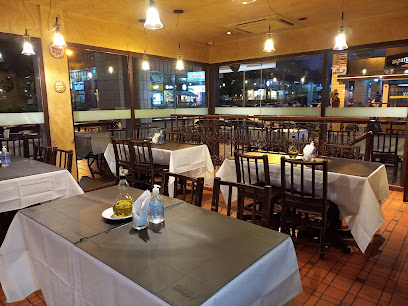
Restaurante La Chaumière
Experience authentic French cuisine at Restaurante La Chaumière in Brasília - where culinary artistry meets exquisite flavors.
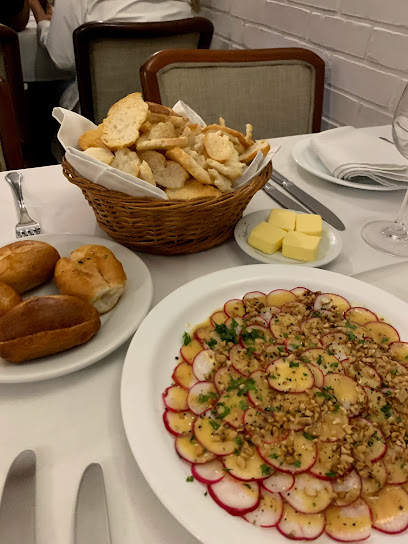
Markets, malls and hidden boutiques
Shopping Conjunto Nacional
Discover the vibrant shopping scene at Shopping Conjunto Nacional in Brasília, featuring a variety of shops, dining options, and entertainment.
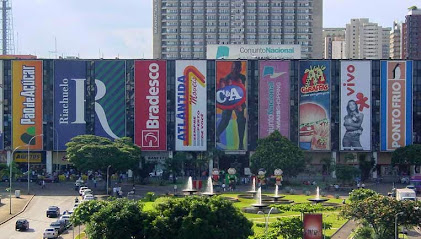
Pátio Brasil Shopping
Explore Pátio Brasil Shopping: Brasília's ultimate destination for shopping, dining, and entertainment in a contemporary setting.
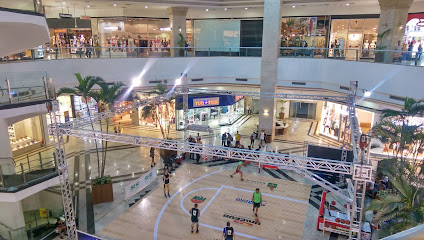
Brasília Shopping
Experience the ultimate shopping and dining adventure at Brasília Shopping, the heart of retail in Brazil's capital with diverse options to explore.
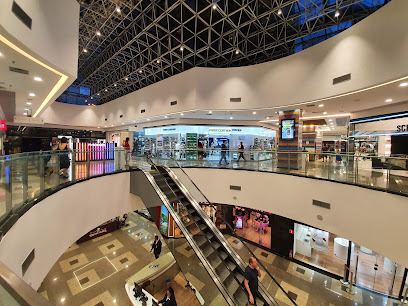
Terraço Shopping
Experience the best of shopping, dining, and entertainment at Terraço Shopping in Brasília, where local culture meets modern convenience.
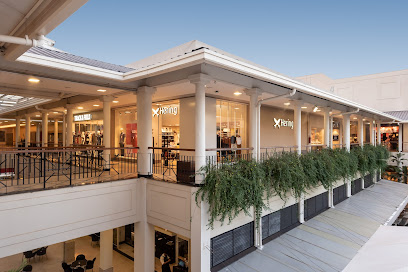
Shopping ID
Discover the ultimate shopping experience at Shopping ID in Brasília, featuring diverse retail stores, dining options, and family-friendly entertainment.
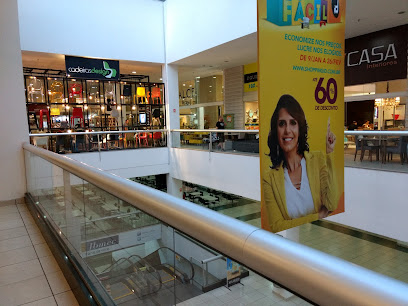
Shopping Asa Sul
Explore Shopping Asa Sul in Brasília: Your ultimate destination for shopping, dining, and entertainment in a vibrant atmosphere.
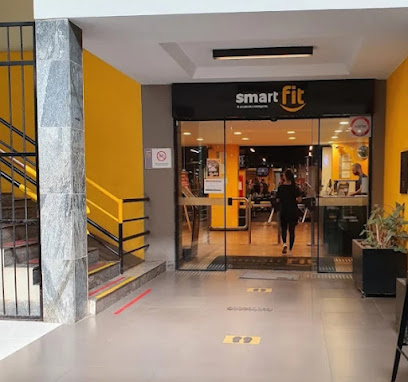
Daztrez Boutique
Explore Daztrez Boutique in Brasília for a chic selection of women's clothing and accessories, showcasing the latest trends and local designs.
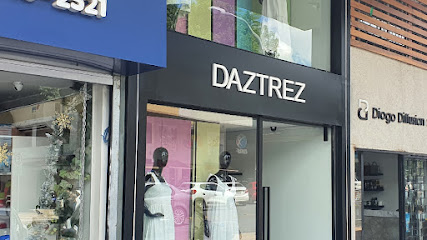
Brasília Presentes
Discover the essence of Brazil at Brasília Presentes, your go-to shop for authentic gifts and souvenirs in the heart of Brasília.
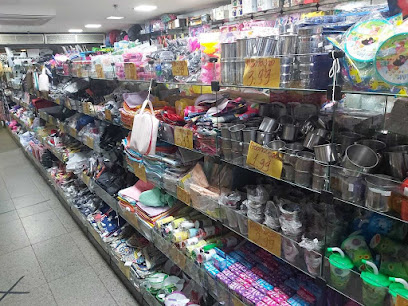
A Palavra
Explore A Palavra in Brasília, a charming book store and newsstand, offering a rich selection of literature and a cozy atmosphere for all book lovers.

Lens Legacy Store
Explore the vibrant styles at Lens Legacy Store, where Brazilian fashion meets unique local artistry in the heart of Brasília.
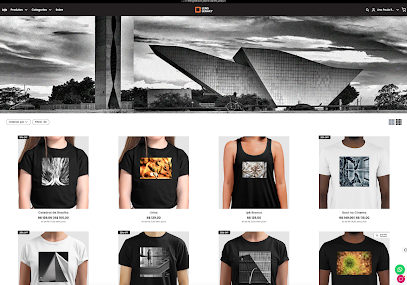
Essential bars & hidden hideouts
O'Rilley
Discover the charm of Irish culture at O'Rilley, where authentic cuisine and lively atmosphere await in the heart of Brasília.
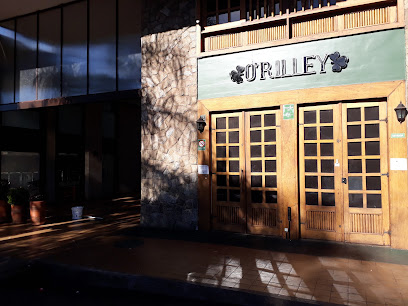
Pinella Bar
Discover the vibrant nightlife of Brasília at Pinella Bar, where live music, tasty tapas, and a welcoming atmosphere come together.
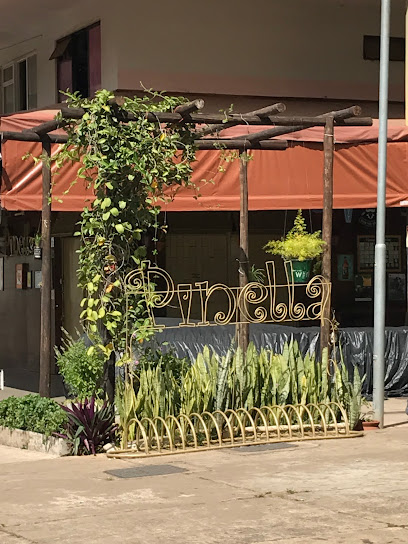
Bar Pôr do Sol
Discover the enchanting vibe of Bar Pôr do Sol, Brasília’s favorite bar for sunset views, cocktails, and vibrant nightlife.
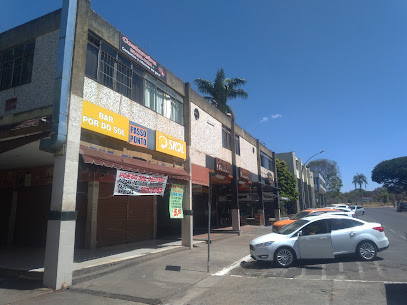
Carcassonne Pub
Discover Carcassonne Pub, where delicious pizza meets fun board games in a vibrant atmosphere in Brasília, perfect for tourists and locals alike.
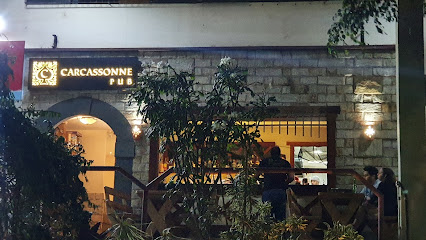
Velvet Pub
Velvet Pub: A premier cocktail bar in Brasília, blending vibrant nightlife, live music, and karaoke for an unforgettable experience.
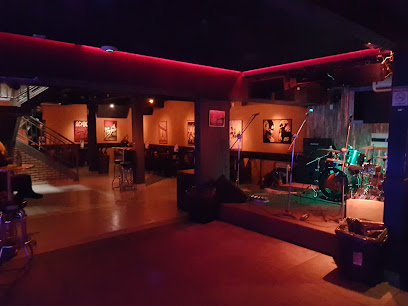
Jungle Bar
Discover the vibrant nightlife of Brasília at Jungle Bar, a lively destination for cocktails and socializing in the heart of the city.
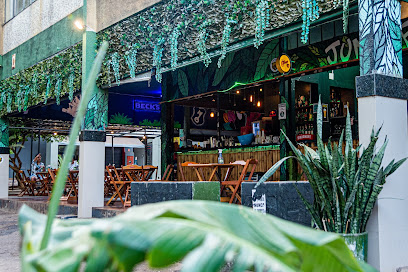
London Street
Experience the lively atmosphere of London Street, a premier gastropub in Brasília, offering craft beers, delicious food, and captivating live music.
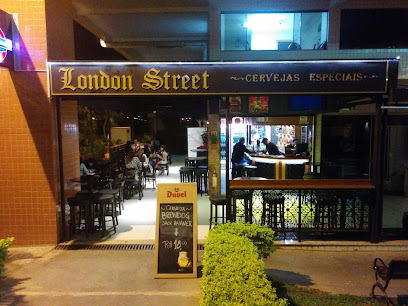
Churchill Lounge Bar
Experience sophistication at the Churchill Lounge Bar in Brasília, where expertly crafted cocktails meet a chic ambiance for the perfect night out.
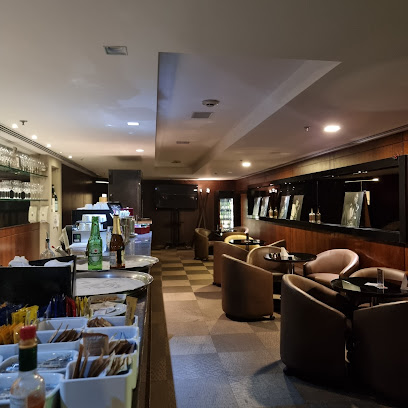
Altas Gastrobar
Experience the vibrant nightlife at Altas Gastrobar in Brasília, where creative cocktails and delicious cuisine meet for an unforgettable evening.
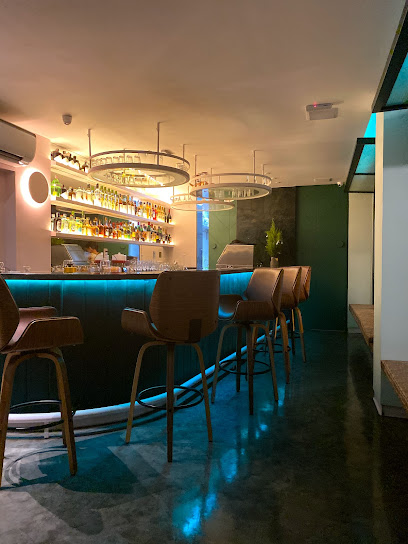
Traçado Bar
Discover the vibrant nightlife of Brasília at Traçado Bar, where creative cocktails and a lively atmosphere await.
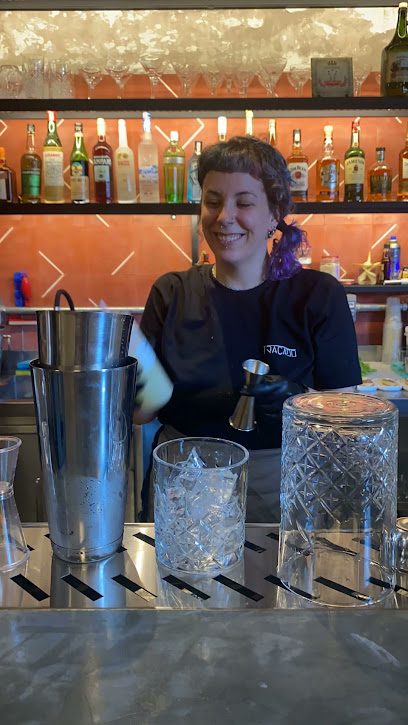
Local Phrases
-
- HelloOlá
[oh-lah] - GoodbyeTchau
[chow] - YesSim
[seem] - NoNão
[now] - Please/You're welcomePor favor/De nada
[por fah-vohr/deh nah-dah] - Thank youObrigado/Obrigada
[oh-bree-gah-doh/oh-bree-gah-dah] - Excuse me/SorryCom licença/Desculpe
[kohm lee-sen-sah/deh-skool-peh] - How are you?Como vai você?
[koh-moh vah-ee voh-say] - Fine. And you?Bem. E você?
[behn. eh voh-say] - Do you speak English?Você fala inglês?
[voh-say fah-lah een-glehz] - I don't understandEu não entendo
[eh-oo now en-ten-doh]
- HelloOlá
-
- I'd like to see the menu, pleaseEu gostaria de ver o cardápio, por favor
[eh-oo goh-stah-ree-ah deh vehr oh kahr-dah-pee-oh, poor fah-vohr] - I don't eat meatEu não como carne
[eh-oo now koh-moh kahr-neh] - Cheers!Saúde!
[sow-deh] - I would like to pay, pleaseEu gostaria de pagar, por favor
[eh-oo goh-stah-ree-ah deh pah-gahr, poor fah-vohr]
- I'd like to see the menu, pleaseEu gostaria de ver o cardápio, por favor
-
- Help!Socorro!
[soh-koh-roh] - Go away!Vá embora!
[vah ehn-boh-rah] - Call the Police!Chame a polícia!
[shah-mee ah poh-lee-see-ah] - Call a doctor!Chame um médico!
[shah-mee oom meh-dee-koh] - I'm lostEstou perdido
[ehs-toh pehr-dee-doh] - I'm illEstou doente
[ehs-toh doo-en-teh]
- Help!Socorro!
-
- I'd like to buy...Eu gostaria de comprar...
[eh-oo goh-stah-ree-ah deh kohm-prahr...] - I'm just lookingEstou só olhando
[ehs-toh soh oh-lahn-doh] - How much is it?Quanto custa?
[kwahn-toh koohs-tah] - That's too expensiveIsso é muito caro
[ee-soh eh mwee-toh kah-roh] - Can you lower the price?Você pode baixar o preço?
[voh-say poh-deh bah-ee-shahr oh preh-soh]
- I'd like to buy...Eu gostaria de comprar...
-
- What time is it?Que horas são?
[keh oh-rahz sow] - It's one o'clockÉ uma hora
[eh oo-mah oh-rah] - Half past (10)Meio-dia (10 horas)
[may-oh dee-ah (deh-eez oh-rahz)] - MorningManhã
[mahn-yah] - AfternoonTarde
[tahr-deh] - EveningNoite
[noy-chee] - YesterdayOntem
[ohn-tehm] - TodayHoje
[oh-zheh] - TomorrowAmanhã
[ah-mahn-yah] - 1Um
[oom] - 2Dois
[doh-eesh] - 3Três
[trehs] - 4Quatro
[kwah-troh] - 5Cinco
[seen-koh] - 6Seis
[say-eesh] - 7Sete
[seh-teh] - 8Oito
[oy-toh] - 9Nove
[noh-veh] - 10Dez
[dehz]
- What time is it?Que horas são?
-
- Where's a/the...?Onde fica o/a...?
[ohn-deh fee-kah oh/ah] - What's the address?Qual é o endereço?
[kwahl eh oh ehn-deh-reh-soh] - Can you show me (on the map)?Você pode me mostrar (no mapa)?
[voh-say poh-deh meh moh-strahr (noh mah-pah)] - When's the next (bus)?Quando é o próximo (ônibus)?
[kwahn-doh eh oh proh-see-moh (oh-nee-boos)] - A ticket (to ....)Um bilhete (para ....)
[oom beel-yeh-teh (pah-rah)]
- Where's a/the...?Onde fica o/a...?
History of Plano Piloto
-
The idea of building Brasília emerged in the 19th century, but it wasn't until President Juscelino Kubitschek's administration in the late 1950s that the city was constructed. The Plano Piloto, designed by the architect Lúcio Costa, was officially inaugurated on April 21, 1960. This innovative urban plan was intended to promote the development of the interior of Brazil and symbolize a new future for the nation.
-
Plano Piloto is celebrated for its modernist architecture, characterized by the works of prominent architects such as Oscar Niemeyer. Notable structures include the National Congress, the Cathedral of Brasília, and the Palácio da Alvorada. This architectural style reflects the optimism of the era and is recognized as a UNESCO World Heritage site, showcasing a unique vision of urban planning.
-
As the political heart of Brazil, Plano Piloto houses important institutions, including the National Museum and the National Library. The Praça dos Três Poderes is a significant landmark where the executive, legislative, and judiciary branches converge. This area symbolizes the democratic ideals of Brazil and serves as a venue for cultural events and public gatherings.
-
Despite its status as a planned city, Plano Piloto faced challenges such as socioeconomic inequality and urban sprawl. The surrounding satellite cities, created to accommodate the growing population, often experience issues related to infrastructure and services. This disparity has influenced cultural dynamics and urban development in the region.
-
Plano Piloto hosts various cultural events that reflect the diversity of Brazil. Festivals such as the Brasília International Film Festival and the Festa do Peão de Barretos highlight the rich cultural tapestry of the region. These events foster community engagement and celebrate local traditions, making Brasília a vibrant cultural hub.
Plano Piloto Essentials
-
Plano Piloto is the central administrative region of Brasília and is well-connected to the rest of the city. From the international airport, Brasília International Airport (BSB), you can take a taxi or rideshare service directly to Plano Piloto, which takes approximately 20-30 minutes. Alternatively, you can use the Airport Bus Service that connects to various neighborhoods, including Plano Piloto.
-
To navigate Plano Piloto, the public transportation system is efficient. The Brasília Metro has several stations in the area, making it easy to reach major attractions. Buses are also widely available, with routes covering the entire Plano Piloto. For a more leisurely experience, consider renting a bicycle; bike lanes are available on many main roads. Walking is another great way to explore, especially in the more pedestrian-friendly areas.
-
While Plano Piloto is generally safe for tourists, it is wise to remain vigilant. Areas with higher crime rates include the vicinity of the Central Market and some parts of the W3 South and W3 North, especially at night. Avoid displaying valuable items and be cautious when using your phone in crowded places. Always keep an eye on your belongings.
-
In case of an emergency, dial 190 for police assistance or 192 for medical emergencies. The local hospitals and clinics are well-equipped, with Hospital de Base being the main public hospital. It is advisable to have travel insurance that covers emergency situations. For minor health issues, pharmacies are available throughout the neighborhood.
-
Fashion: Do dress comfortably and casually, but avoid overly revealing clothing in formal settings. Religion: Do respect local customs, especially when visiting religious sites. Public Transport: Do be courteous and allow elderly passengers to sit. Don't eat or drink on buses or the metro. Greetings: Do greet with a friendly 'Olá' and a smile. Eating & Drinking: Do try local dishes at street food stalls. Don’t refuse food offers from locals as it is considered impolite.
-
To experience Plano Piloto like a local, visit the Feira da Torre de TV on weekends for fresh produce and local crafts. Engage with locals and try to learn a few phrases in Portuguese, as it can enhance your interactions. Don’t miss out on cultural events at the National Theatre and the Centro Cultural Banco do Brasil, where you can often find free exhibitions and performances. Exploring the parks, like Parque da Cidade, is also a great way to enjoy the local lifestyle.
Nearby Cities to Plano Piloto
-
Things To Do in São Paulo
-
Things To Do in Rio de Janeiro
-
Things To Do in Salvador
-
Things To Do in Hernandarias
-
Things To Do in Foz do Iguaçu
-
Things To Do in Puerto Iguazú
-
Things To Do in Florianópolis
-
Things To Do in Villarrica
-
Things To Do in San Bernardino
-
Things To Do in Ypacarai
-
Things To Do in Aregua
-
Things To Do in Asuncion
-
Things To Do in Encarnacion
-
Things To Do in Carmen del Parana
-
Things To Do in Santa Cruz de la Sierra













